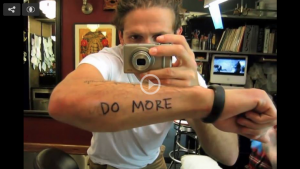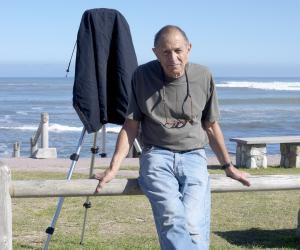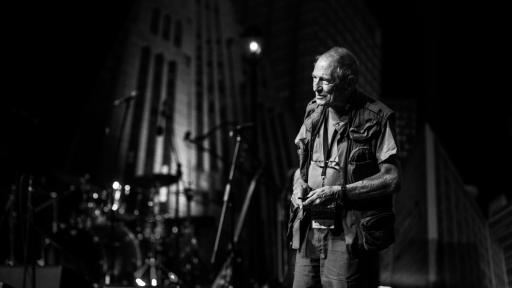From the Series
David Goldblatt remembers to the day and date when he started working as a full-time photographer. On 15 September 1963 he handed over the keys to the family business, which he had inherited from his father, to the new owners.
"It was something I had wanted to do from when I was in high school. I had tried and failed at first and then finally when my father died I was free to do it," he recalls.
This day was the start of a life-long commitment, passion and career both as professional photographer and artist driven by a peculiar awareness and curiosity.
The balance between doing personal work and professional work is a very difficult one. I learnt quite early on that if I was working on a commission my duty was to do photographs that would meet the needs of the client.
"If I was doing my own work, it was what was in my head. Quite often that was difficult to reconcile because I would get assignments, perhaps from magazine, which were close to the things that were important to me but that did not mean I was free to do whatever I liked."
He goes on to explain that on the whole he divided his photographic life quite severely into two compartments: personal work and professional work. "There was some overlap and as I've gotten older I've realised some of the professional work in fact contained a lot of my personal feelings about it."
At Design Indaba Conference 2014, the photographer took the audience through twenty photos, some taken on commission such as portraits of former president PW Botha and Nelson Mandela, as well as some his personal work, taken over almost 50 years. He shared the back-stories of the experience, the people and places that he captured.
"Photography has the capacity for recognising things and bringing them out of obscurity, or out of where they are into another frame so that one looks at it somewhat differently," he says.










